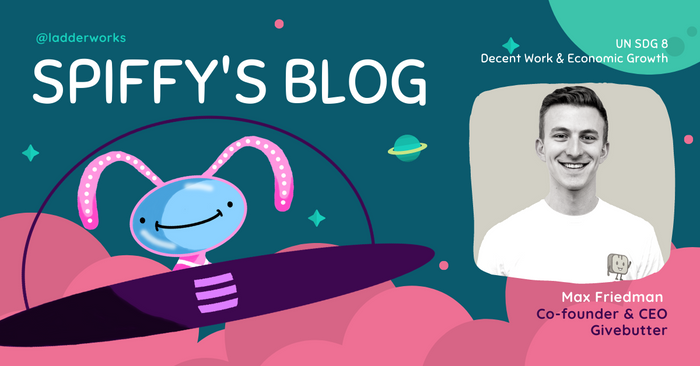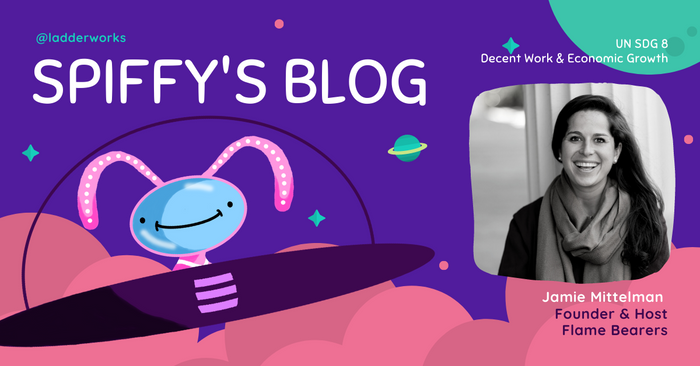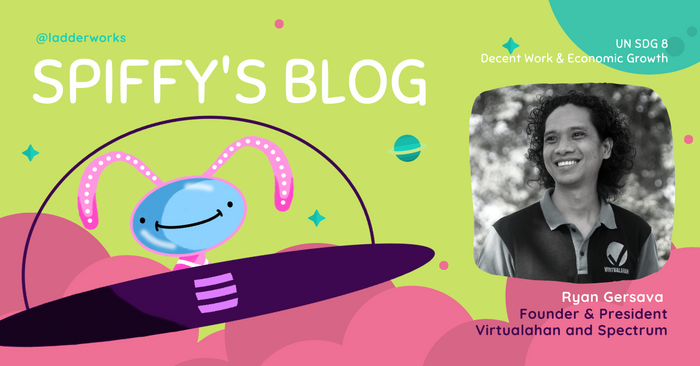Max Friedman: Changing the Game on Fundraising and Giving

Max: Great to be here, Spiffy! We founded Givebutter after realizing there was a disconnect between communities — particularly amongst youth and small nonprofits — and the quality of the online fundraising tools available to them. Givebutter strives to be donor-first, creating online giving experiences that foster communities around the causes they support. This influences every feature we prioritize, such as our innovative supporter feed. We also want advanced fundraising tools to be available to important causes without bankrupting the causes themselves, so we created a transparent and low-cost fee structure. Every step of the way, we are aiming to empower fundraisers to build and support both their goals and the communities around them.



